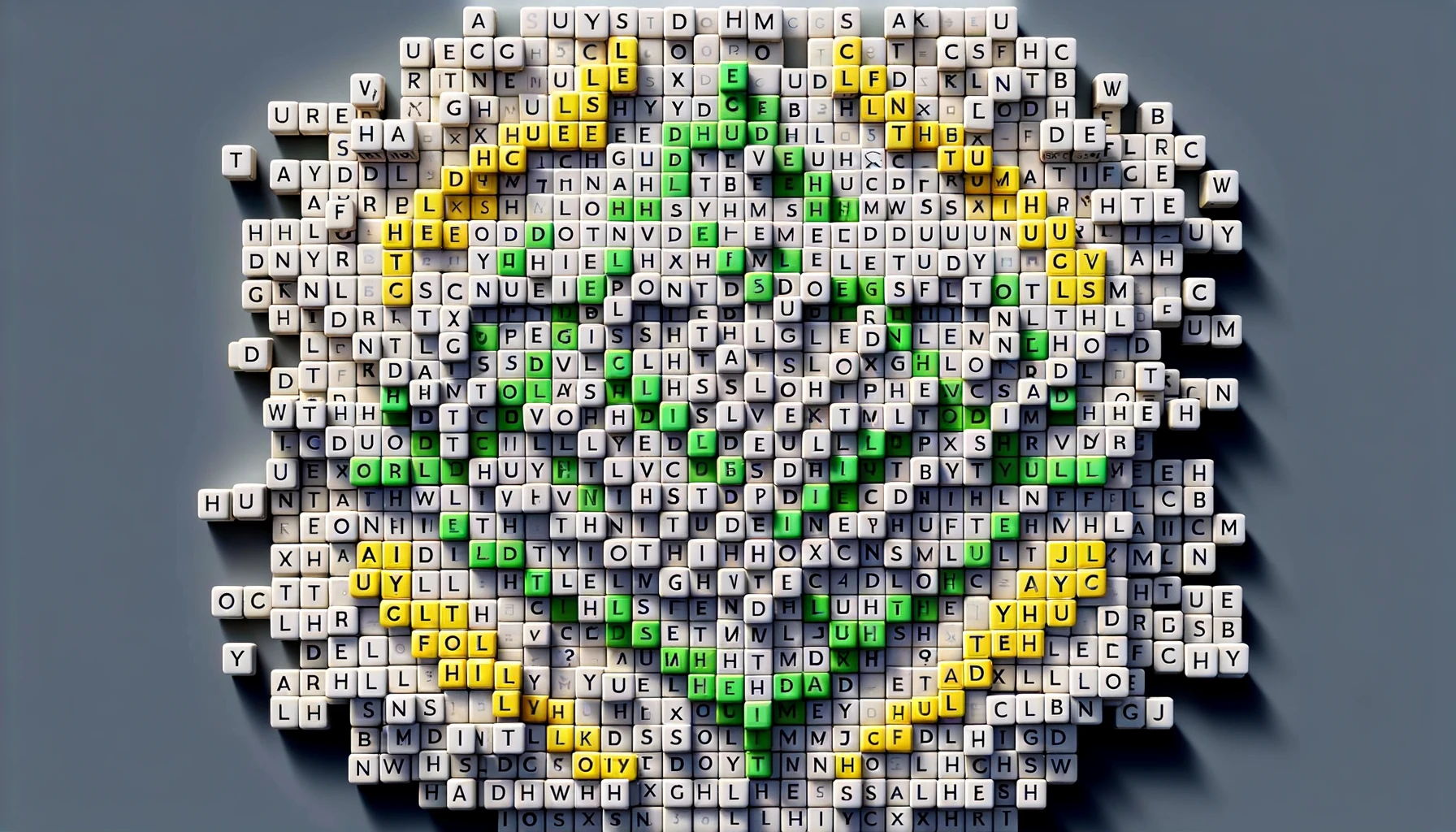Wordle has managed to capture the hearts of thousands by blending simplicity with a daily challenge. This word puzzle game, which offers users six attempts to guess a hidden five-letter word, has turned into a global phenomenon. The balance of strategy and luck involved in uncovering the daily word has people coming back day after day, eager to maintain or start new winning streaks.
Wordle’s origin is as wholesome as its gameplay is engaging. It was created by Josh Wardle as a personal gift for his partner, who loved word games. The game was then shared with family and friends, and its popularity exploded from there. As it grew, so did its influence, eventually leading to its acquisition by The New York Times for a substantial sum. This trajectory highlights how a simple idea can become a cultural staple.
How Does Wordle Keep Players Engaged?
To succeed at Wordle, players must use a strategic mix of vowels and consonants in their initial guesses. These choices help to quickly narrow down potential answers. Additional guesses should ideally build upon the letters confirmed through prior attempts. Players often develop personalized strategies over time, refining their approaches as they become more familiar with common letter placements and word structures.
What Strategies Can Improve Your Wordle Game?
Beginning with a strong starter word like “LEASH,” which includes multiple vowels and common consonants, sets a solid foundation. From there, subsequent guesses should aim to cover any potentially missed common letters while avoiding those already proven absent. Recognizing that letters can appear more than once is also crucial, as is returning to the game with a fresh perspective if initial attempts are unsuccessful.
Are There Scientific Insights Into Wordle’s Addictiveness?
A recent study published in the Journal ‘Cognitive Research: Principles and Implications’ titled “The Cognitive Appeal of Game-Based Learning” explores how games like Wordle can enhance learning and retention through repeated exposure and pattern recognition. This research underscores the cognitive benefits of engaging with puzzles and how they can improve problem-solving skills and memory retention.
Information of use to the reader:
- Starting strong with a balanced word aids initial narrowing of possibilities.
- Utilizing feedback from each guess refines subsequent choices.
- Letters can repeat, altering typical word-guessing strategies.
Wordle not only serves as daily entertainment but also as a tool for cognitive enhancement, subtly boosting our problem-solving and pattern recognition skills. Each day offers a new opportunity to challenge one’s linguistic prowess and perhaps learn a new word. This blend of learning, challenge, and community has secured Wordle’s place in the digital lexicon of our time, making it more than just a game, but a modern learning tool that keeps minds sharp and spirits high.










